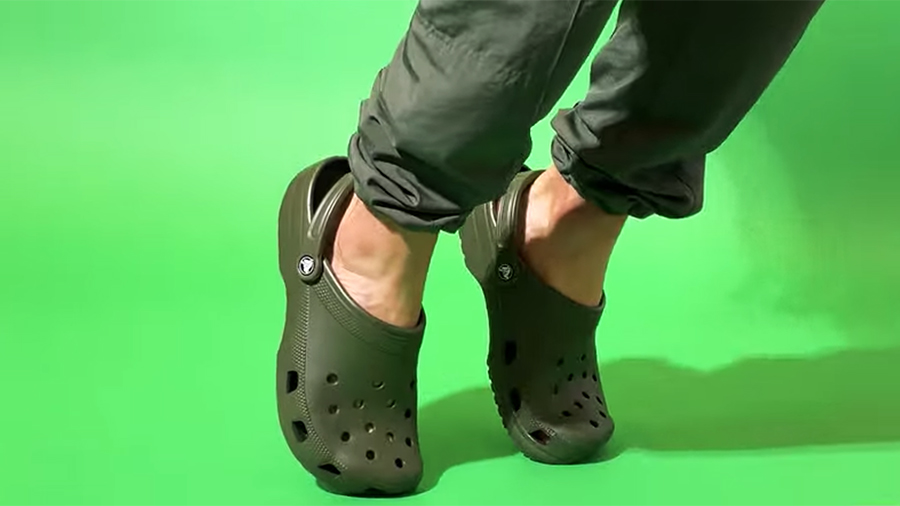Crocs Inc. announced its commitment to becoming a net-zero company by 2030. It said that its Classic Clog already has a low carbon footprint.
To achieve its 2030 goal, Crocs is focused on sustainable materials, packaging, investments in resource use, and product afterlife solutions including:
- At 3.94 kg CO2 eq. per pair of Classic Clogs, Crocs shoes have a low footprint. By the end of 2021, Crocs will be a 100 percent vegan brand. Crocs is finalizing its approach to a more sustainable bio-based Croslite material, the predominant material in its footwear;
- 85 percent of Crocs shoes were sold without boxes in 2020 reducing the brand’s impact on environmental resources. Crocs will continue to explore sustainable packaging alternatives;
- To keep shoes out of landfills, Crocs “donates thousands of pairs of unsold shoes” to those in need. While it explores a circular supply chain, the brand is also working on ways to give Crocs shoes a second life through consumer-led donations, recycling and re-commerce programs; and
- The company said that 45 percent of all its Croslite material production scrap is recycled. It will continue to explore ways to minimize its impact, including transitioning to “renewably sourced energy in its offices and distribution centers.” Where this isn’t possible, the company will “purchase carbon credits to offset remaining emissions, leveraging ‘the most impactful sources’ available.”
“Taking action to reduce our environmental footprint by implementing more sustainable practices across our entire business is the right thing to do for Crocs,” said Crocs CEO Andrew Rees. “As a company, we are deeply committed to accountability and we’re confident that we have the right team, the right innovations, and the right partners to help us achieve our net-zero ambitions by 2030.”
Crocs said it would publish its annual ESG report in early 2022.
Photo courtesy Crocs
















